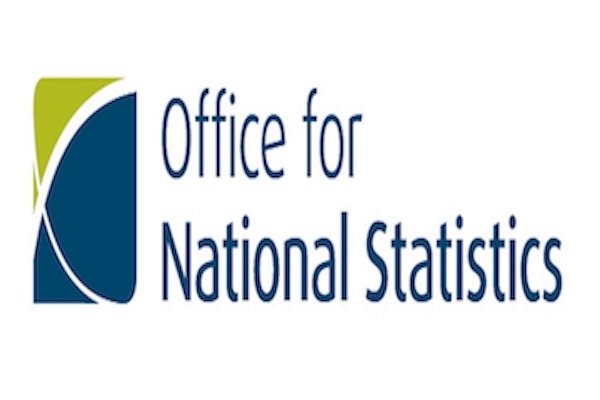The Consumer Prices Index (CPI) 12 month rate rose by 0.4% in the 12 months to February, down from 0.7% the previous month in signs that inflation remains subdued.
On a monthly basis, CPI rose by 0.1% in February 2021 compared with a 0.4% rise in February 2020.
The separate Consumer Prices Index, which includes owner occupiers’ housing costs (CPIH), rose by 0.7% in the 12 months to February 2021, down from 0.9% to January.
ONS said the largest upward contribution to the CPIH 12-month inflation rate came from transport (0.30 percentage points) as fuel costs rose. There were upward contributions from rising prices for motor fuels and housing and household services overall.
Falling prices for clothing, second-hand cars, and games, toys and hobbies were the largest downward contributors to the change in the CPIH 12-month inflation rate between January and February 2021.
On a monthly basis, the CPIH rate rose by 0.1% in February 2021, compared with a larger rise of 0.3% in February 2020.
As a result of the restrictions caused by the Coronavirus pandemic in February the number of CPIH items identified as unavailable for the ‘inflation shopping basket’ was 69, accounting for 8.3% of the basket by weight, unchanged from January 2021.
Paul Craig, portfolio manager at Quilter Investors, said an upward trend in inflation was likely this year but there were no major concerns.
She said: “While we continue to see incremental increases in inflation, which increased by 0.1% in February 2021, we still predict inflation rates are on course to rise rapidly this year with most of the increase coming in the next few months.
“This is likely to be driven by the raising of the price cap for many domestic energy bills and a surge in oil prices, while ultimately a return in consumer demand will result in higher prices. There are other domestic base effects to take into account too, for example higher restaurant prices when compared to last year’s Eat Out to Help Out scheme, while those businesses that have survived on the high street may find they have improved pricing power and may wish to try and take advantage of people’s thirst to get out and about.
“That said, regardless of specific domestic issues, all central banks are in the same boat and will largely ignore short-term inflationary pressures – now is not the time to worry.”

